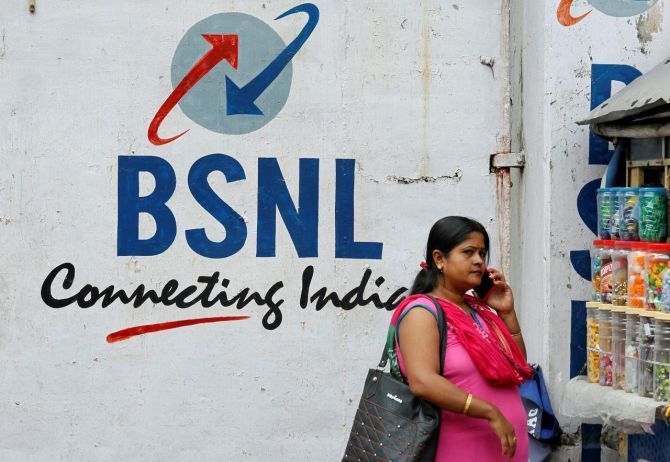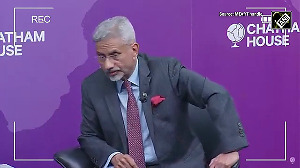The company, which has a subscriber base of 120 million, also plans to raise funds via a bonds issue.
The company’s impending 4G launch is also expected in the second half of the current financial year for which it would invest Rs 12,000 crore, partly through bonds.

A month after Bharat Sanchar Nigam (BSNL) completed its voluntary retirement scheme (VRS), the new calender year will see a younger and trimmer PSU kick-start the process of rolling out 4G services.
As many as 78,300 employees opted for the VRS, which is approximately 50 per cent of the company’s total staff cost of Rs 14,500 crore.
The retirement package will save about Rs 9,000 crore annually for the debt-ridden company that is yet to pay one month’s salary to its employees.
“I don’t see much of a difference. Yes, the VRS is an important step and could address the very immediate challenge of over staffing.
"But it won’t remove doubts about BSNL’s continuing health.
"BSNL’s prospects have not improved because of this and the problems have not changed.
"BSNL’s technology, competitiveness and management issues have to be addressed head-on,” said Mahesh Uppal, an independent telecom expert.
According to BSNL’s VRS, rolled out on November 4, all regular and permanent employees, including those on deputation to other organisations and are 50 or above were eligible to seek voluntary retirement under the scheme.
The amount of ex gratia for any eligible employee will be equal to 35 days salary for each completed year of service and 25 days salary for every year of service left until superannuation.
On October 25, the Centre approved a Rs 69,000 crore revival package for BSNL and Mahanagar Telephone Nigam (MTNL).
It includes merging the two loss-making firms, monetising their assets and giving VRS to employees so that the combined entity turns profitable in two years.
Chairman and managing director of BSNL PK Purwar had said that he hopes two years down the line BSNL should become EBITDA (earnings before interest taxation depreciation and amortisation) positive.
He added that five years down the line, it should become PAT (profit after tax) positive.
The company, which has a subscriber base of 120 million, also plans to raise funds via a bonds issue.
This will be for advance payment of some bank loans and to meet few of its liabilities regarding network integration and upgradation.
The issue will be floated by BSNL and it requires approval in the form of sovereign guarantee from the ministry of finance.
The company’s impending 4G launch is also expected in the second half of the current financial year for which it would invest Rs 12,000 crore, partly through bonds.
Photograph: Rupak De Chowdhury/Reuters
Edited by Nandita Mallik












 © 2025
© 2025